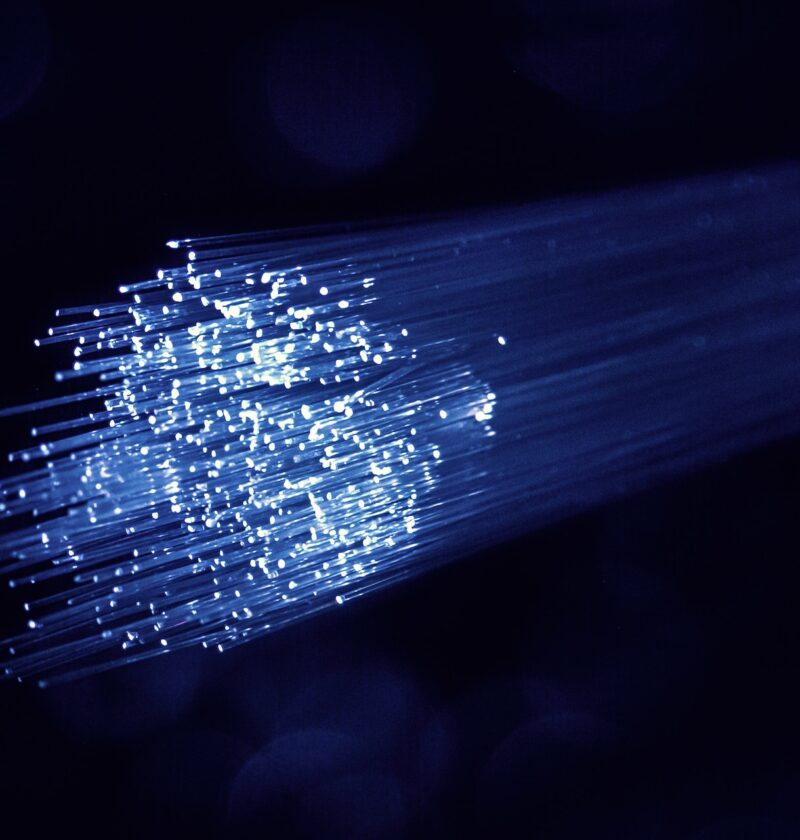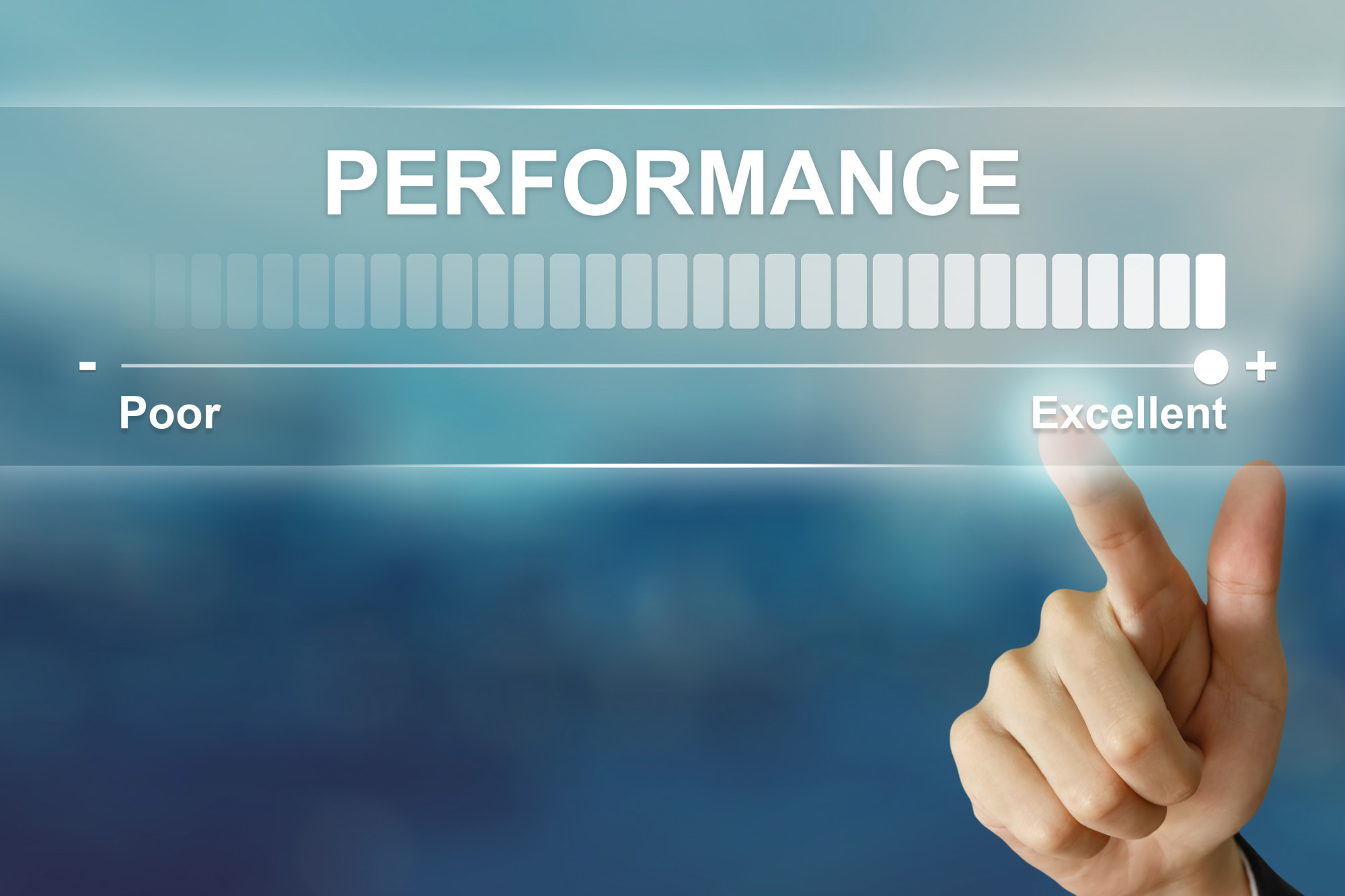In today’s interconnected world, a fast and reliable internet connection is a vital asset for businesses of all sizes. As companies increasingly rely on digital tools and cloud-based solutions, the choice between fiber optic and cable internet becomes a critical decision. Both options offer distinct advantages, and understanding the differences between them can help businesses make the right connection that aligns with their needs and goals.
Understanding Fiber Optic Internet
Fiber optic internet, a high-speed broadband connection, utilizes light pulses to transmit data through thin glass or plastic fiber strands, offering numerous advantages that have made it increasingly popular among businesses.
These benefits include unmatched speed and bandwidth capabilities for efficient performance in tasks like video conferencing and large file transfers; exceptional reliability due to immunity from electromagnetic interference; scalability that allows for smooth business expansion without performance bottlenecks; low latency ideal for real-time applications such as VoIP and online collaboration; and enhanced security as fiber optic cables do not emit interceptable electromagnetic signals, protecting sensitive data transmission. It would also benefit you to work with some of the best hosted voip installation companies in your area for reliable connections.
Cable Internet
Cable internet, alternatively, supplies internet service via coaxial cables, identical to those used for cable TV connections, and while it might not rival fiber optic in speed and benefits, it possesses its own strong points. Cable internet is frequently a cost-effective solution for businesses with moderate internet requirements, providing adequate speeds for basic online tasks and applications, and it is widely available in urban and suburban areas, ensuring its accessibility to businesses in various locations.
In addition, cable internet generally offers quicker download speeds in comparison to traditional DSL connections, making it suitable for businesses that prioritize downloading online content. Lastly, its relatively easy installation and setup process make it an attractive, hassle-free option for numerous businesses.
Choosing the Right Option for Your Business
When determining whether fiber optic or cable internet is suitable for a business, several factors must be considered—such as bandwidth requirements based on the nature and volume of data transmitted, location and availability of infrastructure, scalability for anticipated growth or increased bandwidth needs, budgetary constraints, and reliability.
If high-speed connections are essential for video streaming and real-time collaboration, fiber internet for business tends to be a better choice. Its superior speed, reliability, and security make it an excellent option for companies that rely on cloud applications, remote work, and VoIP communications. However, cable internet might be more accessible in certain areas and cost-effective. It’s crucial to weigh all these factors before deciding on the best business internet solution for you.
Balancing Speed, Reliability, and Budget
Choosing between fiber optic and cable internet is a decision that requires careful consideration of your business’s specific requirements and priorities. Fiber optic internet offers lightning-fast speeds, symmetrical connectivity, and scalability, making it an ideal choice for data-intensive operations. On the other hand, cable internet offers a cost-effective solution with decent speeds and wide availability, making it suitable for businesses with moderate internet needs.
In the end, determining the best course of action is contingent upon your company’s current and prospective requirements. For businesses that place a strong emphasis on technological integration, instant communication, and utilization of cloud-based services, fiber optic internet may offer the superior performance necessary for continued success. However, for organizations with more moderate needs and a focus on cost-efficiency, cable internet remains a viable option, providing dependable connectivity without causing undue financial strain.
In the end, both fiber optic and cable internet have their own merits, and the decision comes down to balancing speed, reliability, scalability, and budget considerations. Assess your business’s unique requirements, consult with reputable service providers, and make an informed choice that supports your digital operations and growth aspirations. Whether you choose the speed of light or the reliability of coaxial cables, a robust internet connection is the foundation of a connected and thriving business in the digital age.







